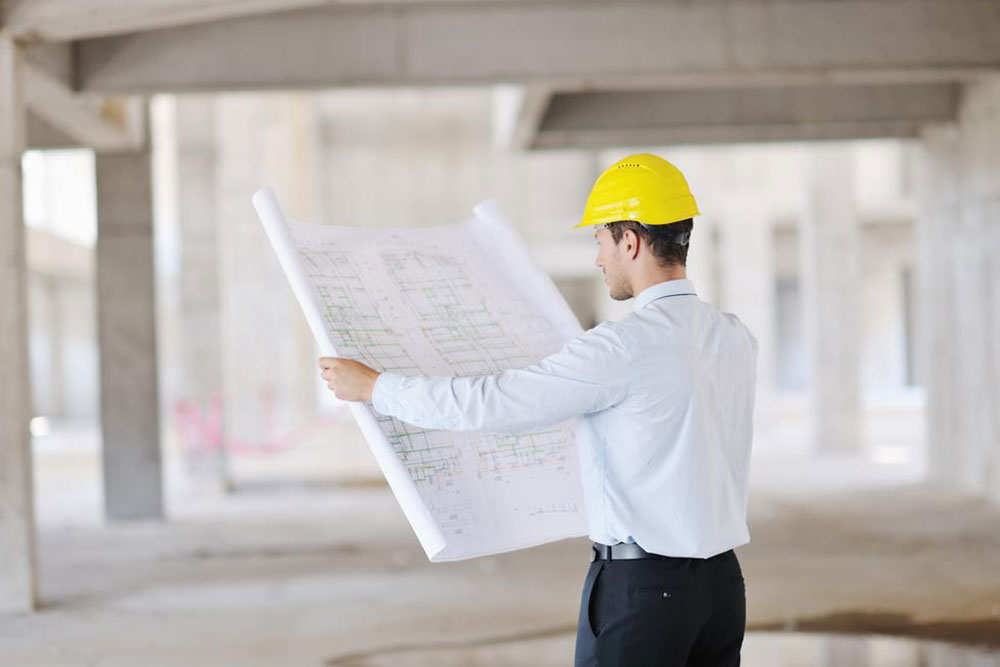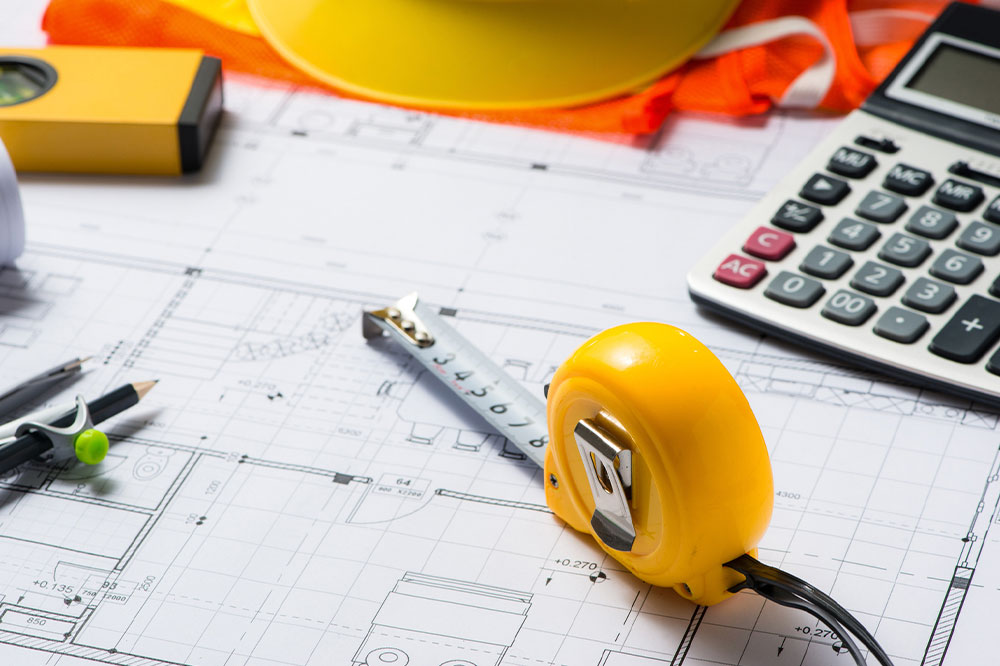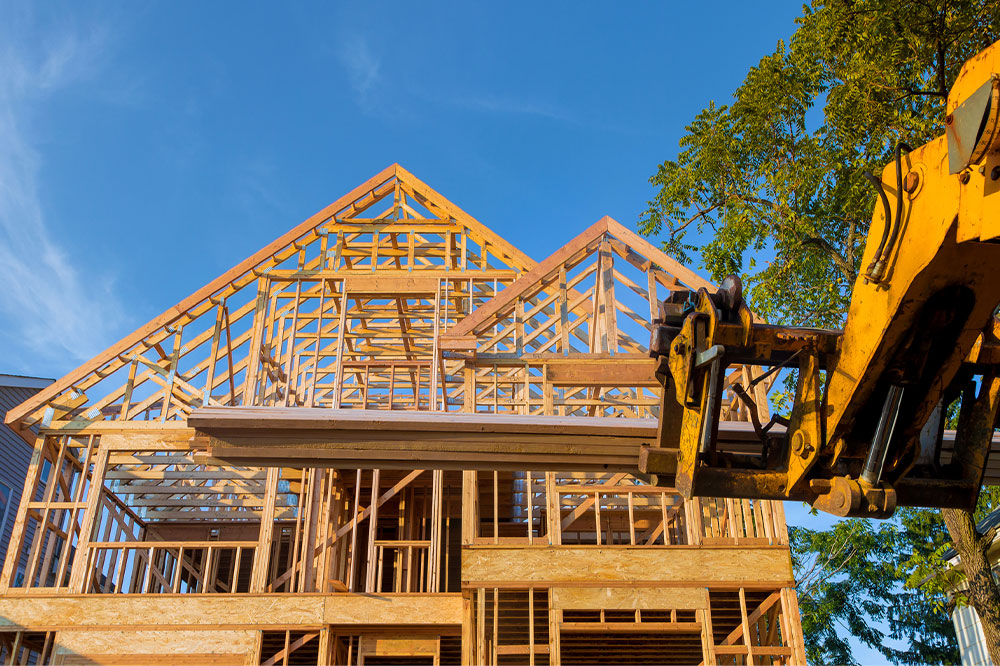Exploring the Construction and Maintenance Sector
This article provides an overview of the construction and maintenance industry, highlighting its scope, key roles, and importance in infrastructure development. It discusses maintenance types, the role of maintenance engineers, and various skilled professions involved in keeping infrastructure operational. Understanding these sectors is essential for professionals and investors interested in construction and infrastructure sustainability, emphasizing the industry's growth and evolving needs.

Exploring the Construction and Maintenance Sector
The construction industry has long contributed significantly to economic growth by creating jobs, boosting national GDP, and developing infrastructure. Concurrently, the maintenance sector ensures that these developments remain functional and durable over time. This industry offers opportunities for professionals across various skill levels, from semi-skilled to highly specialized experts.
The scope of construction extends beyond building structures like schools, homes, and bridges. It also includes site preparation and modification projects to adapt to evolving needs.
The maintenance sector focuses on preserving infrastructure quality by preventing deterioration and promptly addressing repairs. Although part of the broader construction industry, maintenance has become a distinct industry due to sector growth and specialization.
Key areas within maintenance
This sector includes various professions, such as:
Insulation Specialists
Cement and Terrazzo Workers
Roofing Experts
Electricians
Structural Iron and Steel Workers
Plumbers and Pipefitters
Flooring and Tiling Technicians
Carpenters
Brick and Stone Masons
Painters
Glaziers
Maintenance Engineering
Maintenance engineering involves applying engineering principles to improve machinery and equipment efficiency and longevity. As demand for residential and commercial structures grows, so does the need for robust machinery and tools. Skilled maintenance engineers are crucial for ensuring optimal operation and durability. Since the Industrial Revolution, the demand for these professionals has increased due to advancements in technology and infrastructure.
Proficiency in statistics, logistics, and problem-solving is vital for maintenance engineers. The rise in construction activities has indirectly fueled the need for maintenance experts who ensure machinery operates smoothly and lasts longer.
Types of Maintenance
Predictive maintenance anticipates equipment failures before they occur, allowing for planned interventions. Conversely, unplanned maintenance happens unexpectedly when equipment malfunctions, requiring urgent repair.









